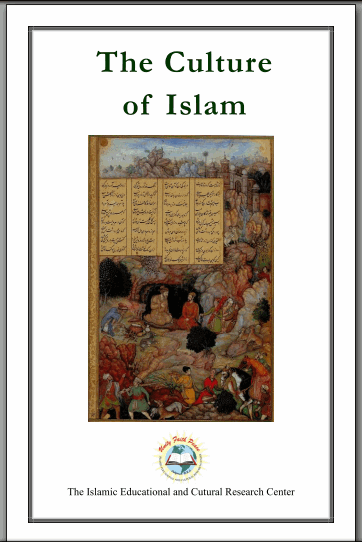Category Archives: Events
Prayers for the 27th Night of Ramadan
The Beloved Prophet (prayers and peace of Allah be upon him) has said:
“Anyone, man or woman from my umma (community) who want to benefit from the light of my grave then he (or she) should perform worship with great intensity on each Laylat ul-Qadr (last 10 odd nights) , so that Allah The Most Exalted may wipe the person’s sins away and replace them with good deeds.”
The worship on Laylat ul-Qadr is better and more powerful than worship of 70 (seventy) thousand nights.
The 3rd of Laylat ul-Qadri (27th Night):
The prayer can be done in one of sixways:
- Perform 12 cycles of prayer with 3 salam. In each cycle, after reading Surah Al-Fatiha,  read Surah Qadr 1 time  and Surah Ikhlas 15 times. After the salam, read Asthaghfar 70 times. Insha-Allah, by reading this prayer, a person will be rewarded with the prayers of the Prophets (peace be upon them all).
- Read 2 cycles  of  prayer.  After  reading Surah Al-Fatiha, read Surah Qadr 3 times and Surah Ikhlas 27 times. Then ask Allah Almighty for the forgiveness of sins. Insha Allah with the help of this prayer, Allah Almighty will forgive all sins, past, present, and future.
- Read 4 cycles of prayer with 2 salam. In each cycle, after reading Surah  Al-Fatiha,  read Surah  Takathur  (Al-Quran, chapter 102) 1 time and Surah Ikhlas 3 times. Insha Allah, the person who reads this prayer, Allah Almighty will make the difficulties of death easy on this person. In addition, the torments of the grave will be forgiven.
- Read 2 cycles of prayer. In each cycle, after reading Surah Al-Fatiha, read Surah Ikhlas 7 times. After  the salam, it is important  to read the following tasbih 70 times: Astaghfirullaahal-adheemuladhee laa  ilaaha illaa  huwal hayyul qayyumu wa atoobu ilayh. Insha Allah, by reading this prayer, before a person has even risen from his/her prayer mat (musallah), his own sins as well as the sins of his parents will be forgiven.  In addition, Allah  Almighty will order the angels to provide a path to heaven for this person. In fact, Allah has ordered that until the person does not have a vision of his path to Heaven, death will not take him/her. This prayer is very effective for forgiveness (maghfirat) of sins after death.
- Read 2 cycles  of  prayer.  After  reading Surah Al-Fatiha, read Surah Alam Nashrah (Al-Quran, chapter 94) 1 time  and Surah  Ikhlas  3 times.  After the  salam,  read Surah  Qadr  70 times.  Insha Allah, the person will earn many good deeds (sawab)  and it is  considered  to be equal  to numerous worships (ibadat).
- Read 4 cycles of prayer. In each cycle, after reading Surah Al-Fatiha, read Surah Qadr 3 times and Surah Ikhlas 50 times. After the salam, during prostration (sajda) read the following Kalam  1 time:  Subhaan Allahee  wal hamdu lillahee  wal laa ilaaha ill Allahu wa Allaahu akbar. After  this,  whatever  desire or plea one may have should be made, whether it is for this world or the next. Insha Allah, in God’s Court, it will be answered.
Also  on this  night, read Surah Ha meem (Al-Quran, chapter 41). By reading all 7 Ha meem’s, it saves one from the torment of the grave after death, and also  the life  after death. Also read Surah Mulk (Al-Quran, chapter 67) 7 times. This is very effective for the forgiveness of sins after death.
The preceding text is taken from the booklet of Prof. Dr. Muhammad Ahmed Qadri Ramadan:Â The Month of Patience, Empathy, and Self-Purification.
For the entire text, visit:
https://www.iecrcna.org/site/1115/ramadan-the-month-of-patience-empathy-and-self-purification/








